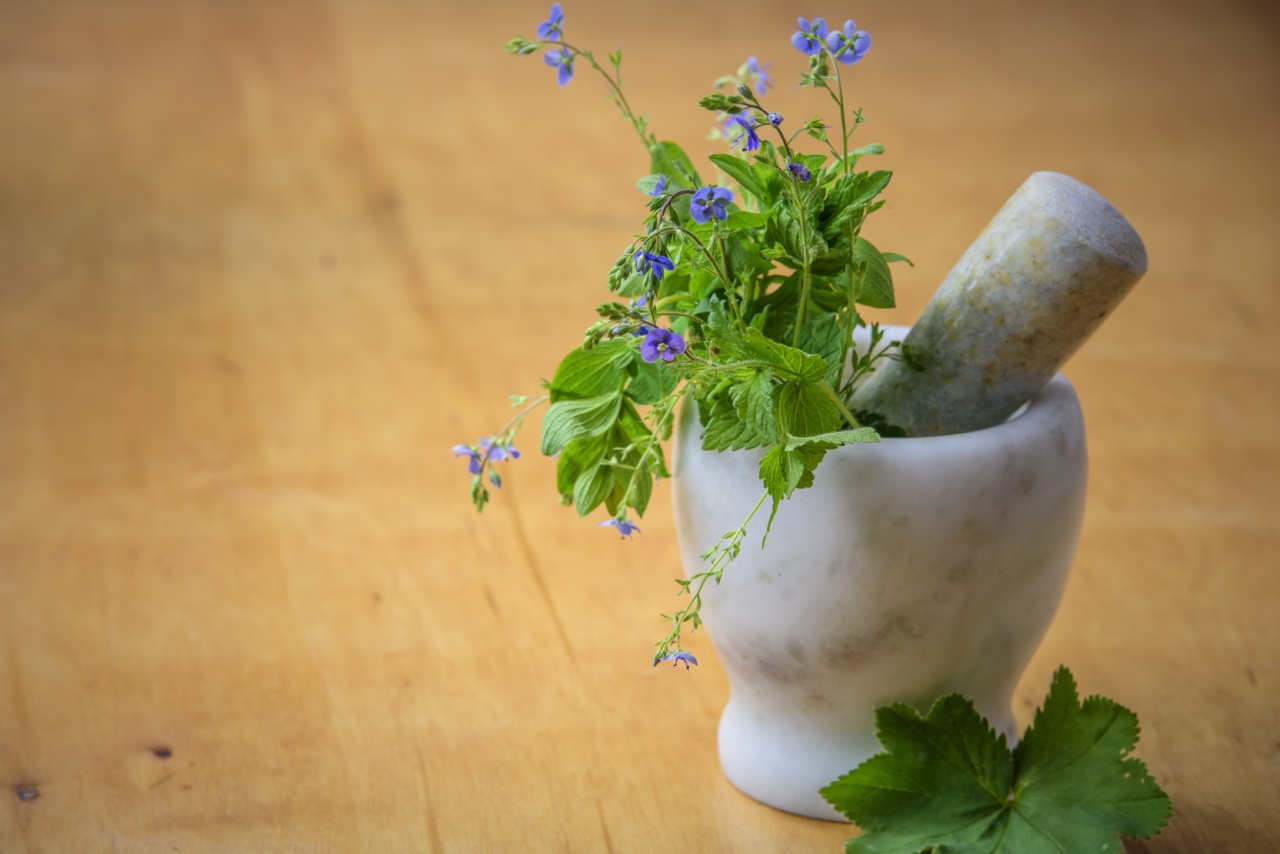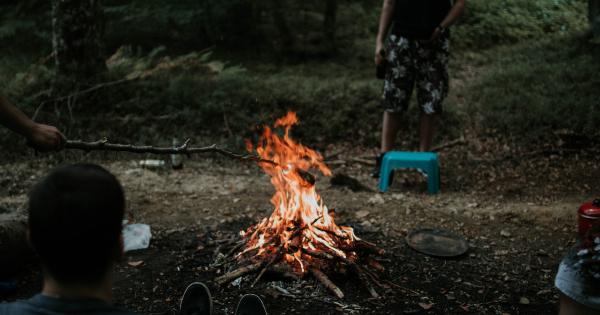When we think of spices, we often associate them with adding flavor and aroma to our favorite dishes. However, there’s a hidden danger that may be lurking in your kitchen: salmonella contamination.
Salmonella is a type of bacteria that can cause food poisoning, and it can be found in various spices that we commonly use.
What is Salmonella?
Salmonella is a group of bacteria that are typically found in the intestines of animals and humans. The bacteria can contaminate food items during the production, processing, or distribution stages.
Salmonella can survive for weeks on dry surfaces and for months in water, making it a formidable threat in the kitchen.
How Spices Get Contaminated with Salmonella
Spices can become contaminated with salmonella through various routes. One common way is during the cultivation and harvesting process.
If the spices are grown in contaminated soil or irrigated with contaminated water, the bacteria can easily find their way into the final product. Contamination can also occur during the processing and packaging stages if proper hygiene practices are not followed.
Furthermore, spices are often imported from different countries, where the regulations and standards for food safety may not be as stringent as in other parts of the world.
This increases the risk of contamination, as the spices may not undergo thorough inspections before reaching the consumer.
The Dangers of Salmonella Contamination
Consuming spices contaminated with salmonella can lead to various health issues. The symptoms of salmonella infection typically include diarrhea, abdominal cramps, fever, and vomiting.
In most cases, these symptoms are mild and resolve on their own within a few days. However, severe cases can occur, especially in certain vulnerable populations such as young children, elderly individuals, and those with weakened immune systems.
Salmonella infection can also lead to more serious complications, such as dehydration or bacteremia (bacteria in the bloodstream).
In rare cases, it can even progress to a condition called typhoid fever, which can be life-threatening if not treated promptly.
Preventive Measures
Fortunately, there are several preventive measures that can be taken to reduce the risk of salmonella contamination in spices:.
1. Purchase from reputable sources
Buy spices from reliable suppliers who follow strict quality control measures and have proper certifications. Look for brands that prioritize food safety and have a good reputation in the market.
2. Check for proper packaging
Inspect the packaging of the spices before purchasing. Ensure that it is intact, without any signs of damage or tampering. Damaged packaging can increase the risk of contamination.
3. Store spices properly
Proper storage of spices is crucial to maintain their quality and prevent contamination. Store them in a cool, dry place away from direct sunlight. Avoid storing spices near potentially contaminated items such as raw meat or poultry.
4. Practice good hygiene
Always wash your hands thoroughly with soap and water before handling spices. Ensure that all utensils, cutting boards, and countertops are clean before using them for spice preparation.
5. Cook spices properly
Cooking spices at high temperatures can help kill any potential bacteria, including salmonella. If using spices in a cooked dish, make sure the dish reaches the appropriate internal temperature to ensure food safety.
6. Educate yourself about recalls
Stay informed about any recalls or warnings issued by food safety authorities regarding spices or any other food products.
If there are any concerns about the safety of a particular spice, it is best to avoid using it until further information is available.
Conclusion
While spices undoubtedly enhance the flavors of our meals, it is important to be aware of the potential risks associated with salmonella contamination.
By following proper food safety practices and being cautious about the sources and storage of spices, we can minimize the chances of falling victim to foodborne illnesses. Stay informed, stay cautious, and enjoy your meals with peace of mind.



























